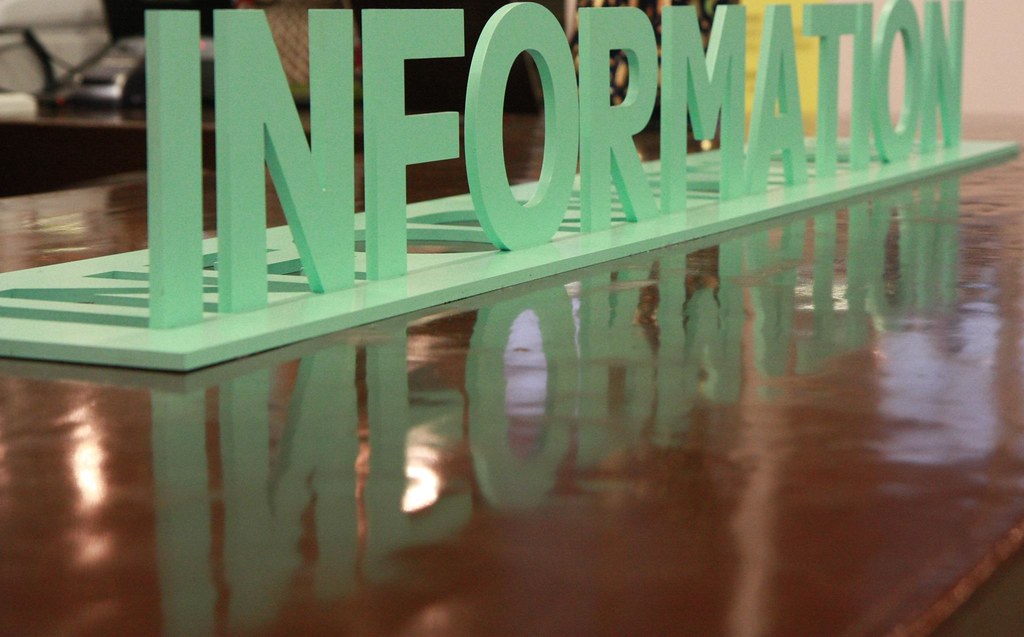

The old trope says that knowledge is power and technology has made knowledge more available than ever. In fact, knowledge has become almost too easy to acquire. Books have been written about information overload. What these books really point at isn’t knowledge or information. We live in a time of data overload to the point where it’s difficult to translate it all into actionable information. Luckily for the business world, all this data can work towards a profitable end.
The process industry benefits from advanced technology that not only collects all data available, but translates it into actionable information. We stressed this last week in our discussion on Key Performance Indicators or KPIs. KPIs are the informational result of data translation. They let everyone from the engineers to plant managers know exactly what they need to without forcing them to sort through masses of irrelevant numbers.
Power to optimize your process and increase bottom line profits requires more than simple knowledge, these days. Knowledge is data. You can accumulate as much as you want, but it will mean nothing if it’s not actionable. Business with expertly designed control systems and HMI screen receive a huge competitive advantage over the competition. With real time data translated to actionable information, businesses having all they need to achieve their goals.



